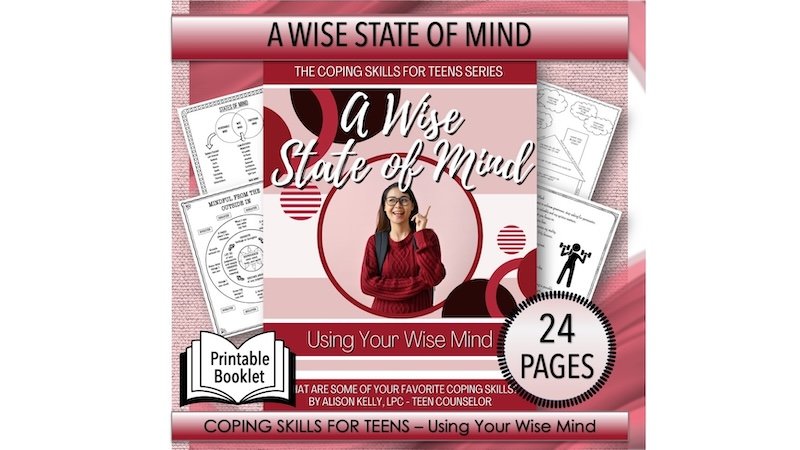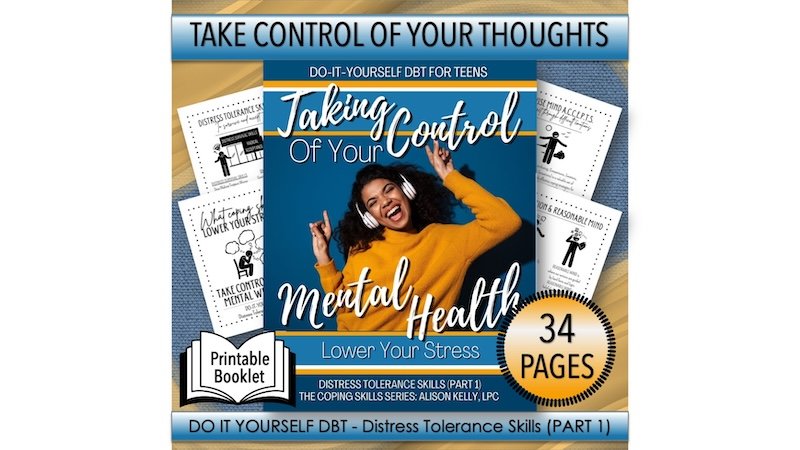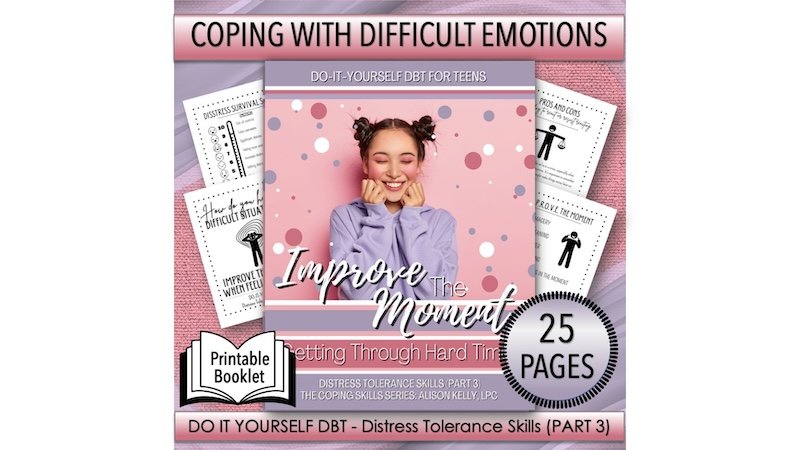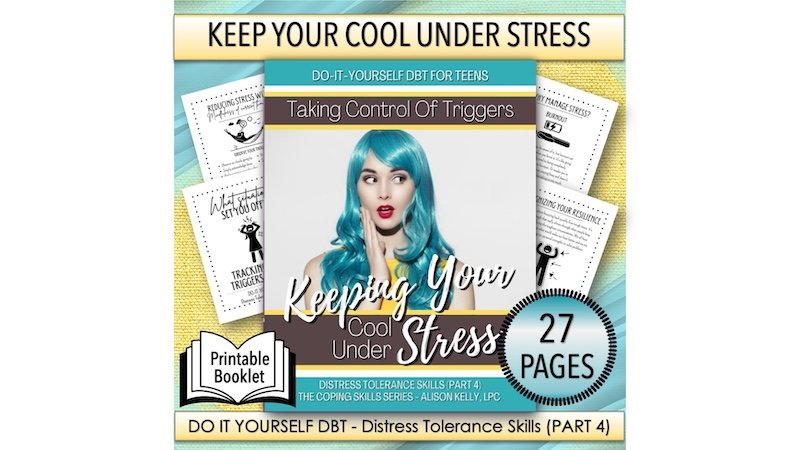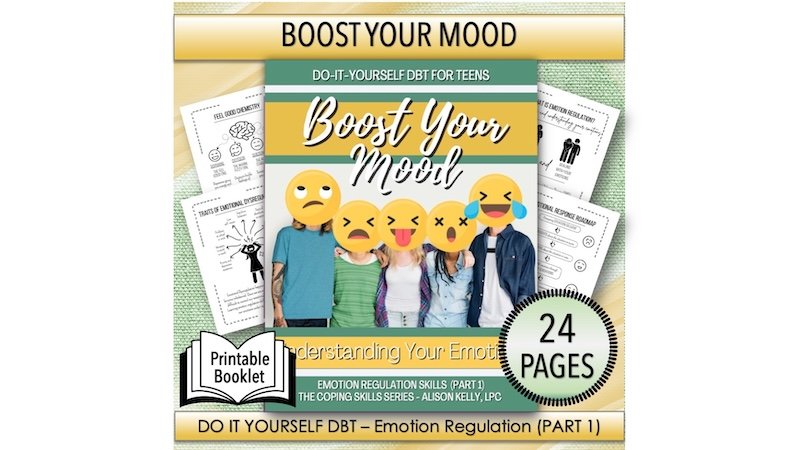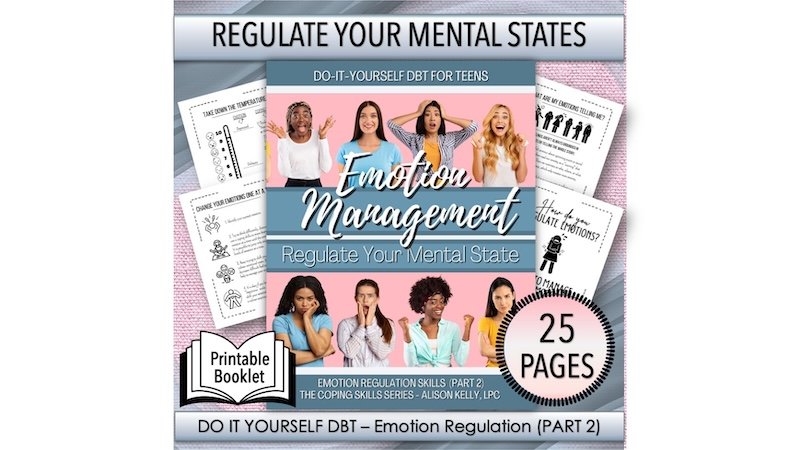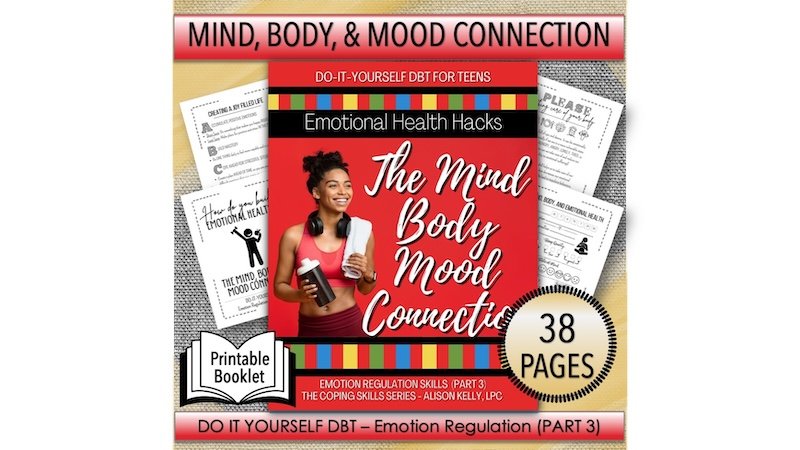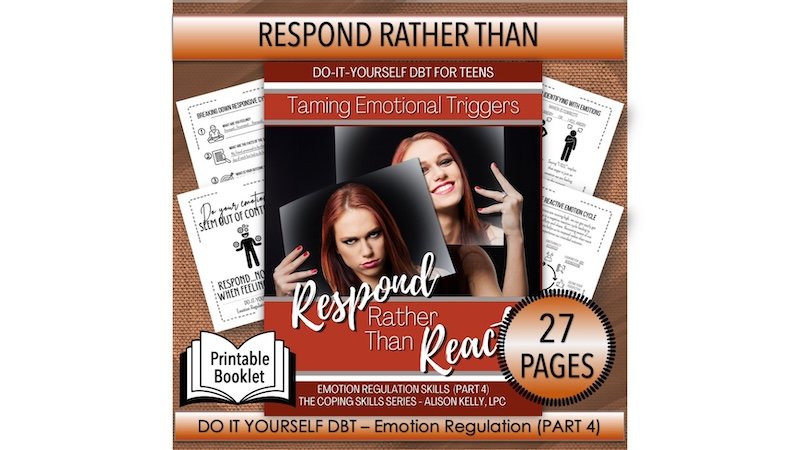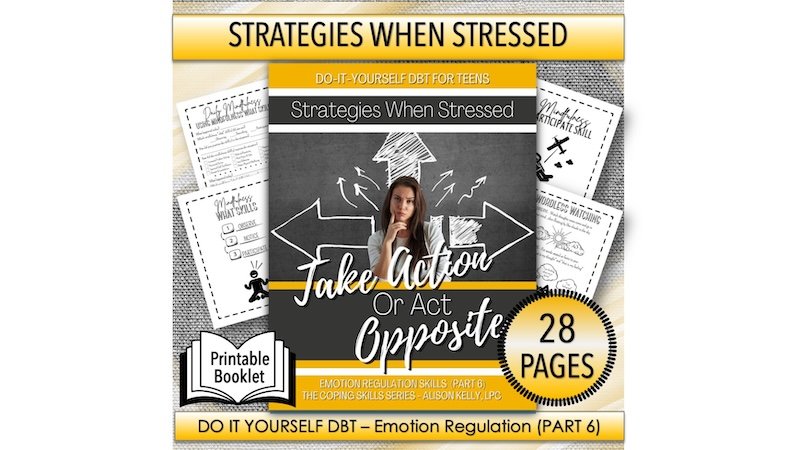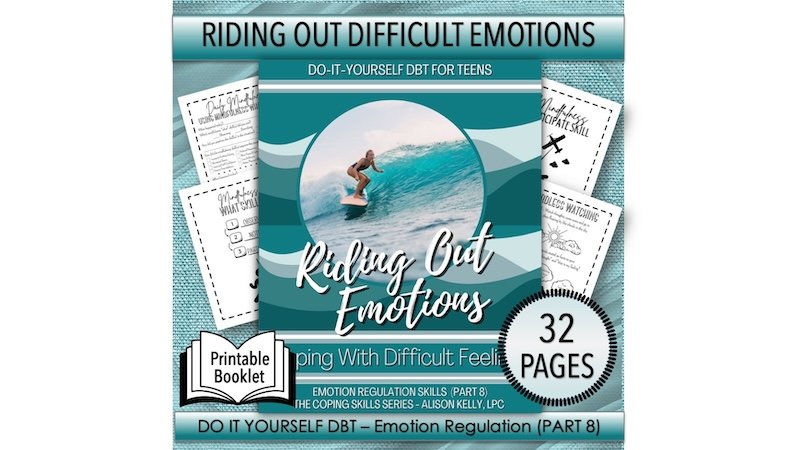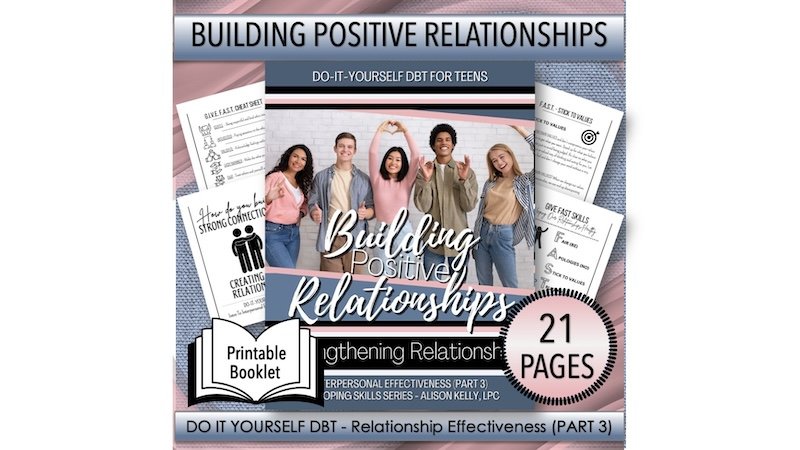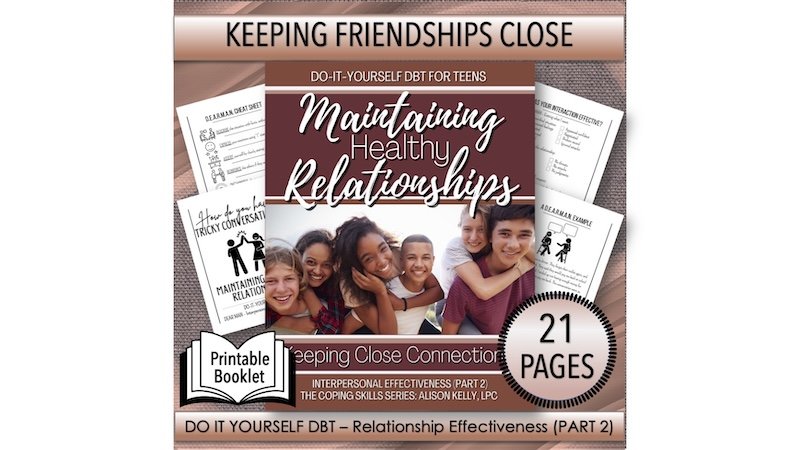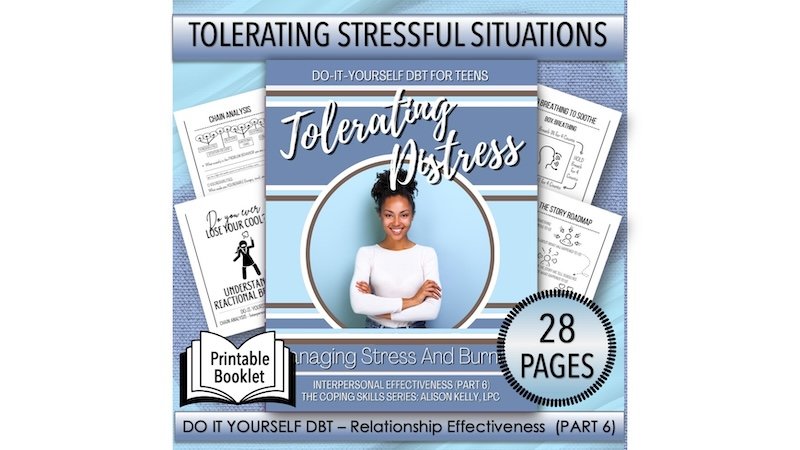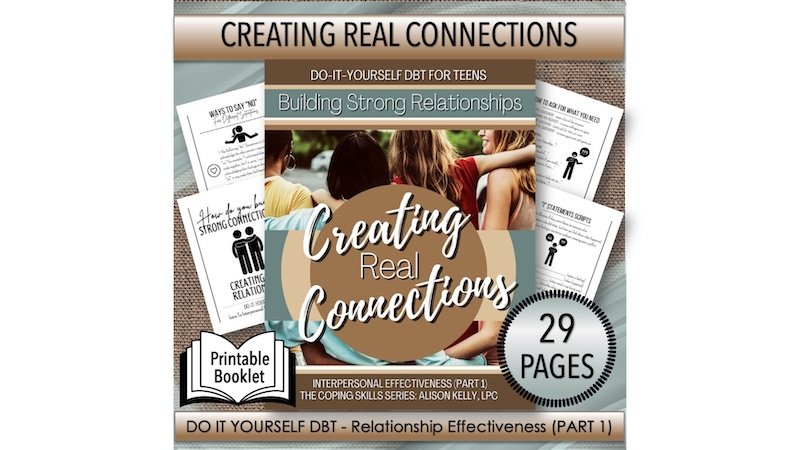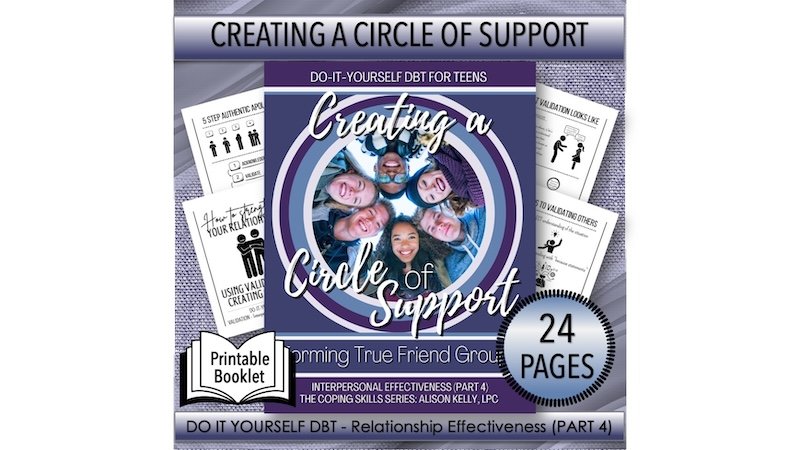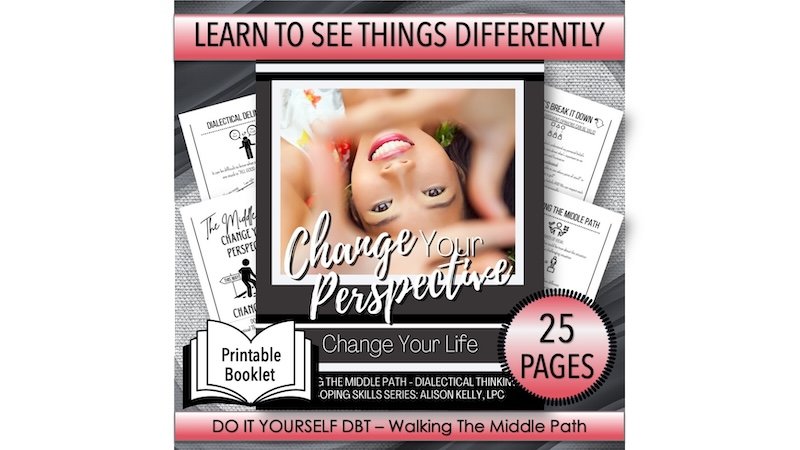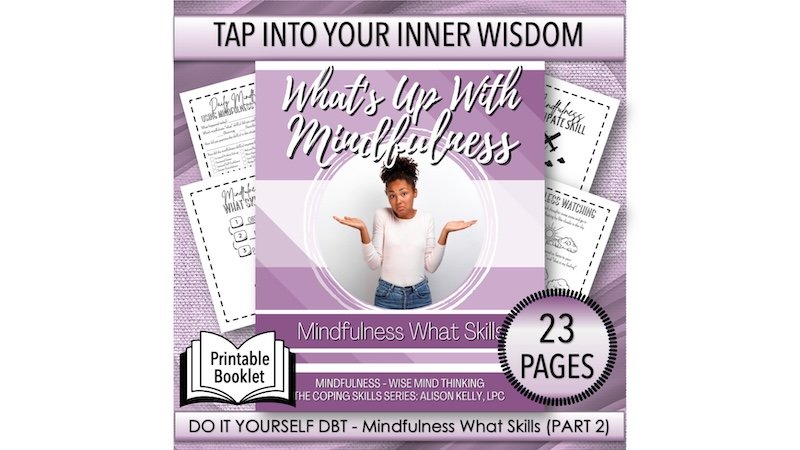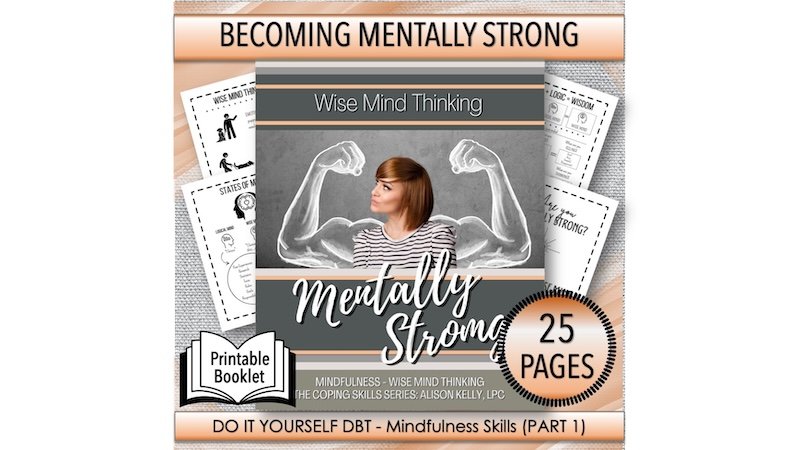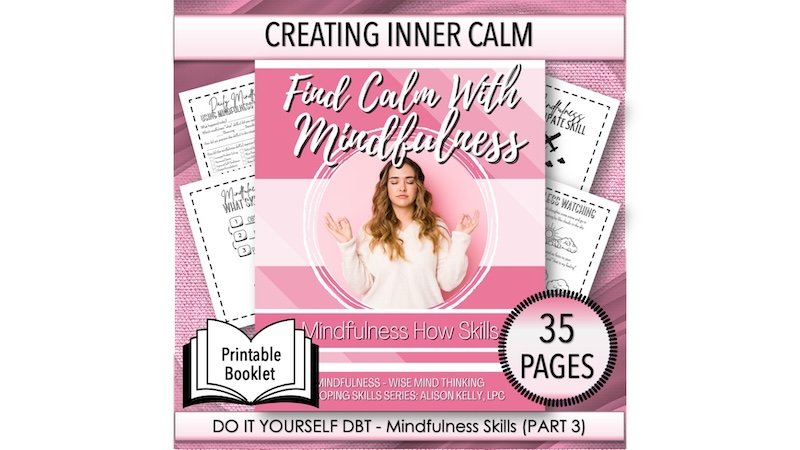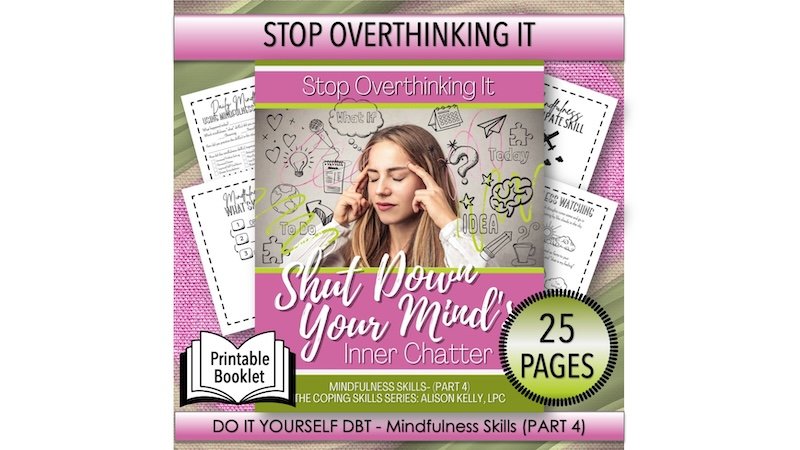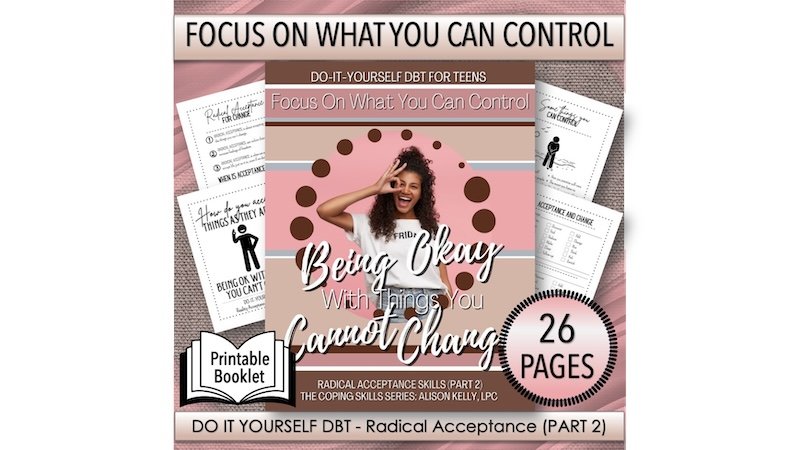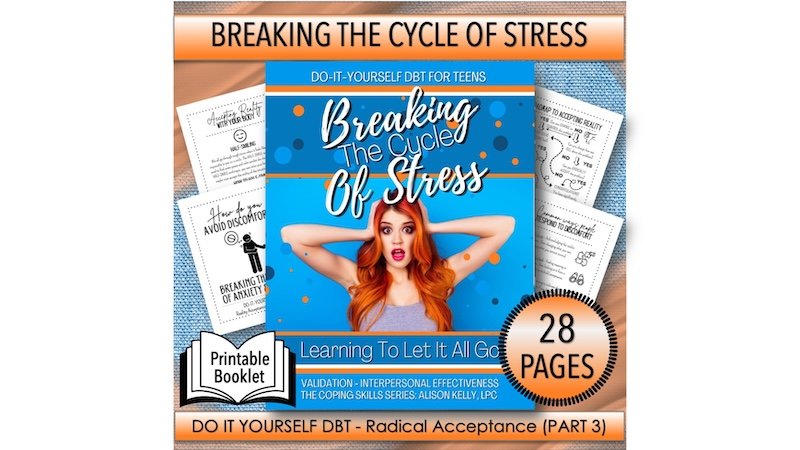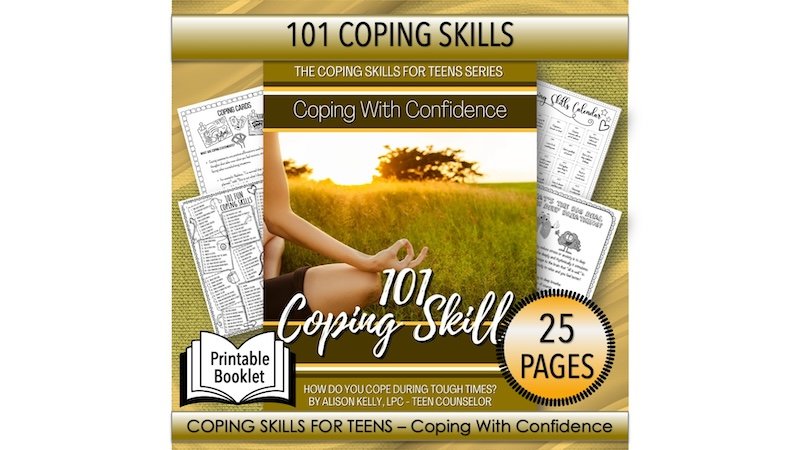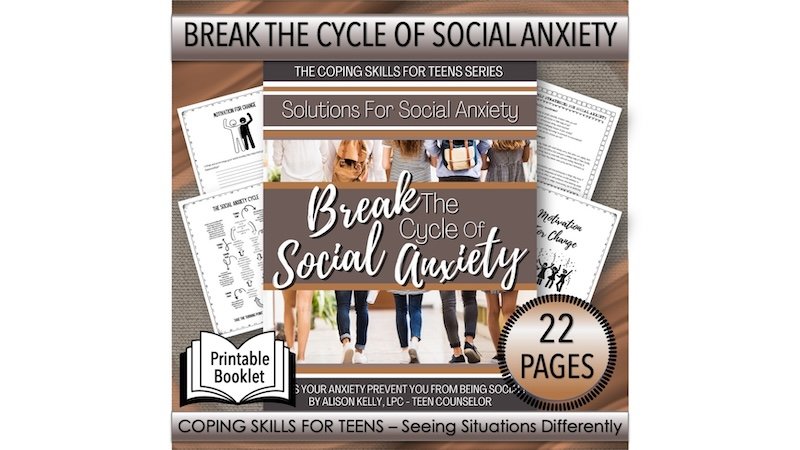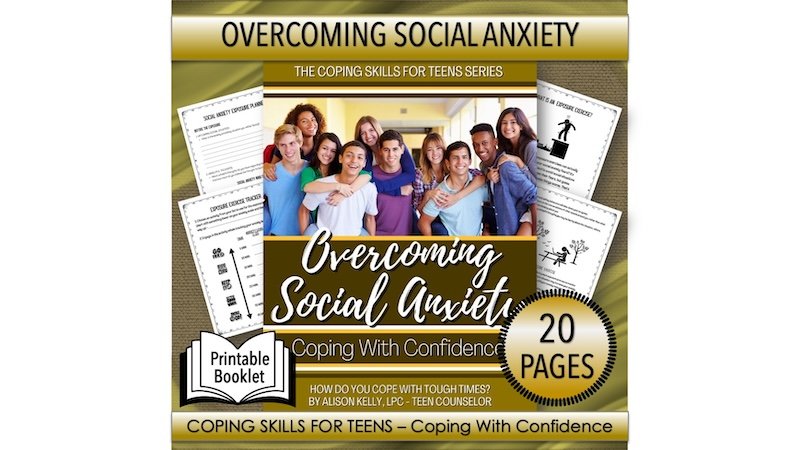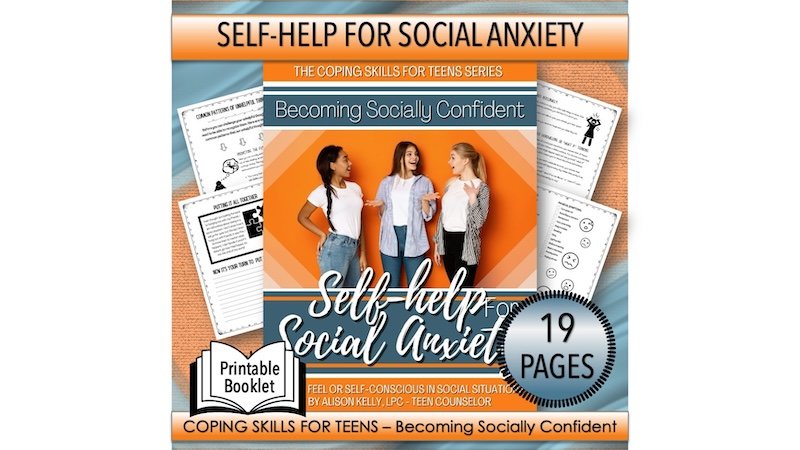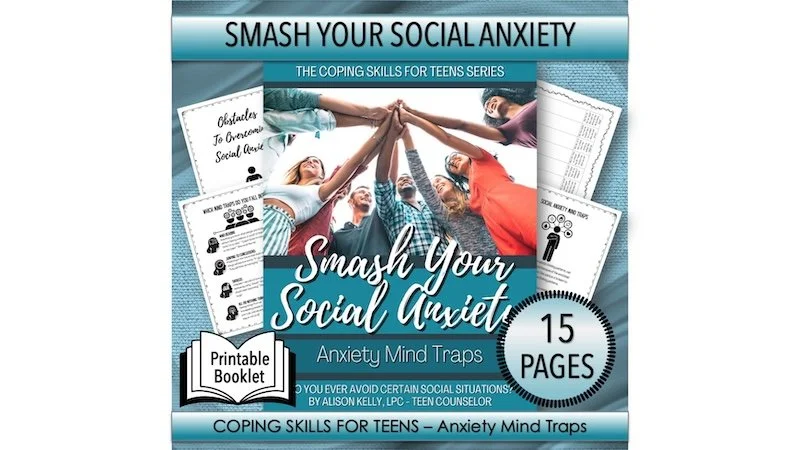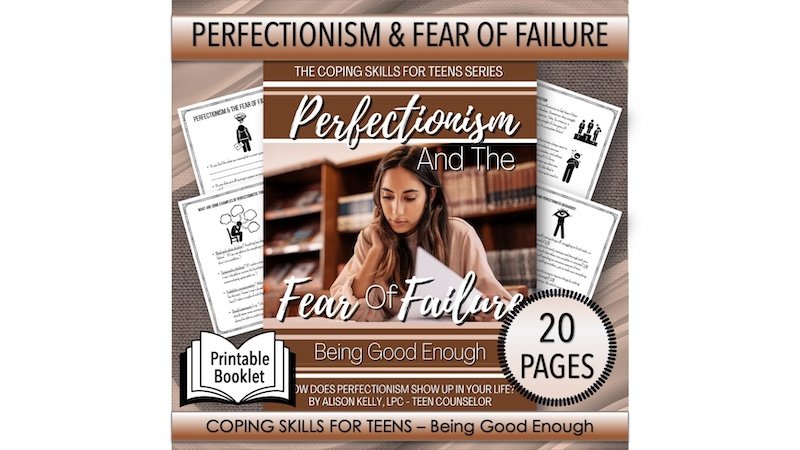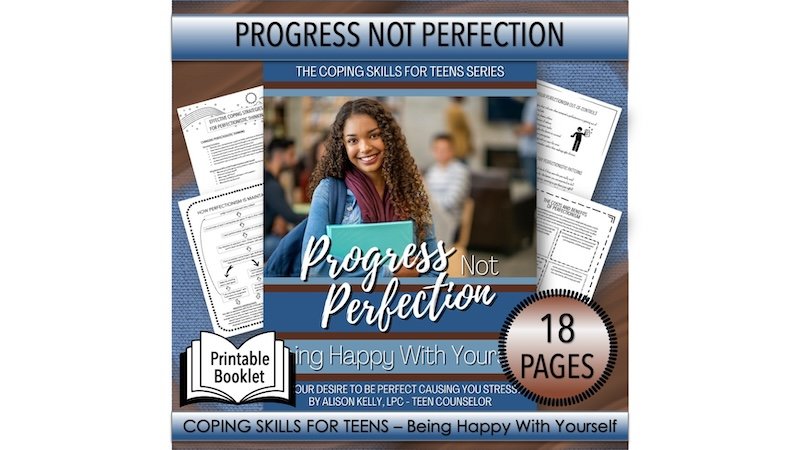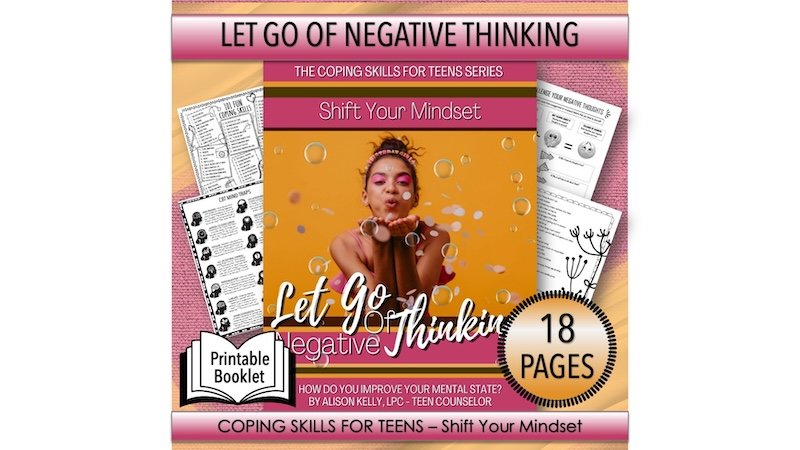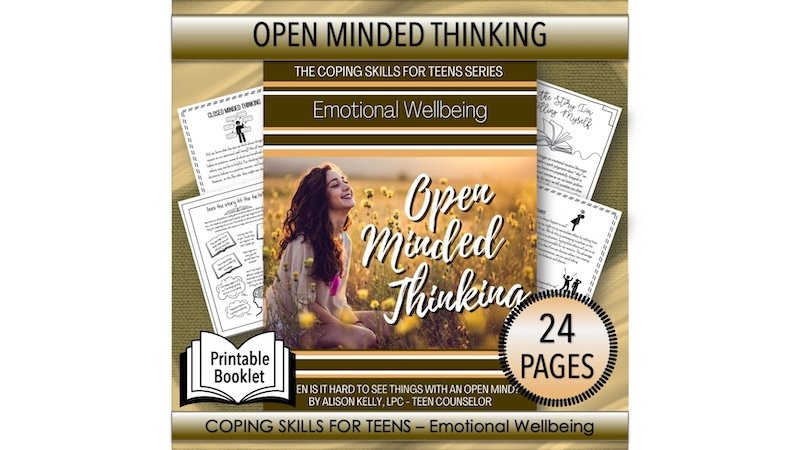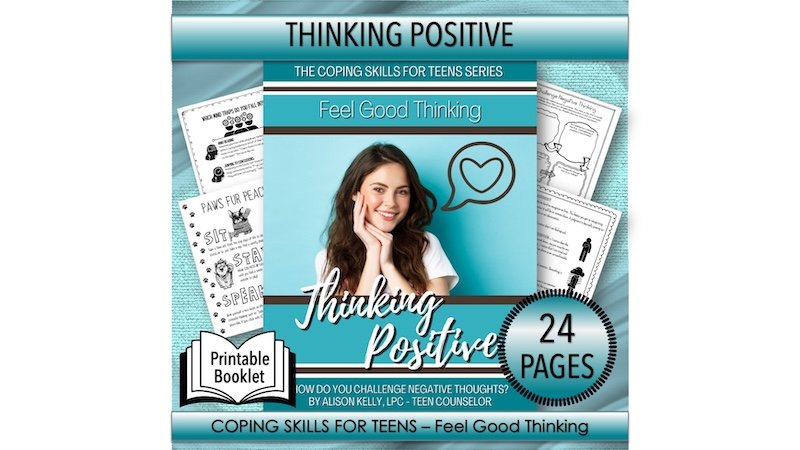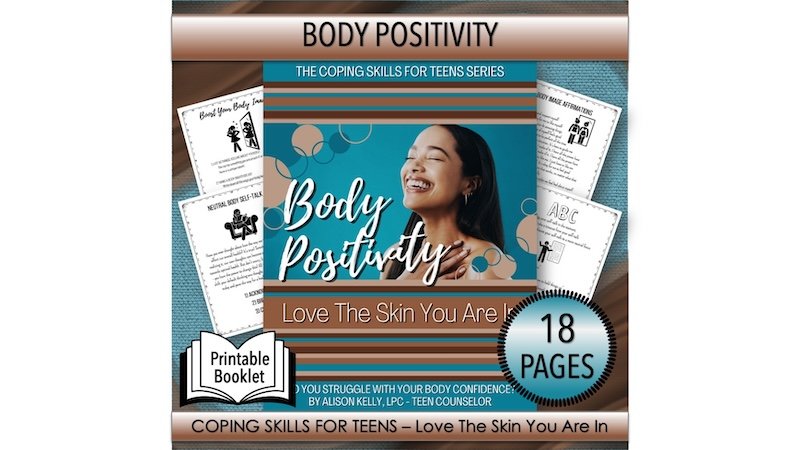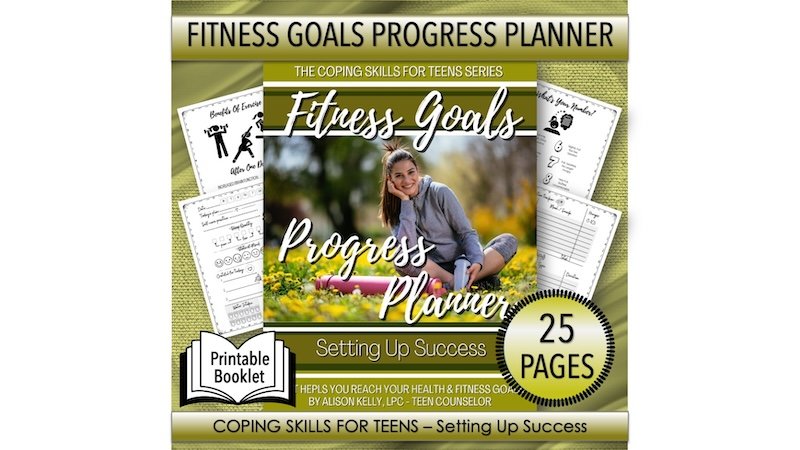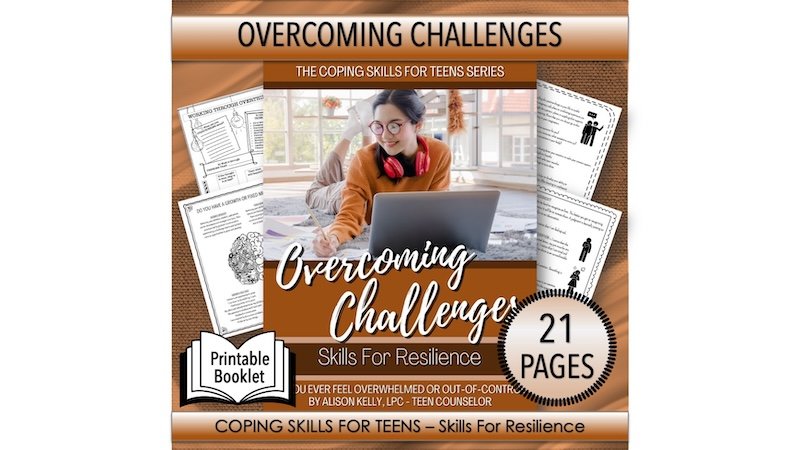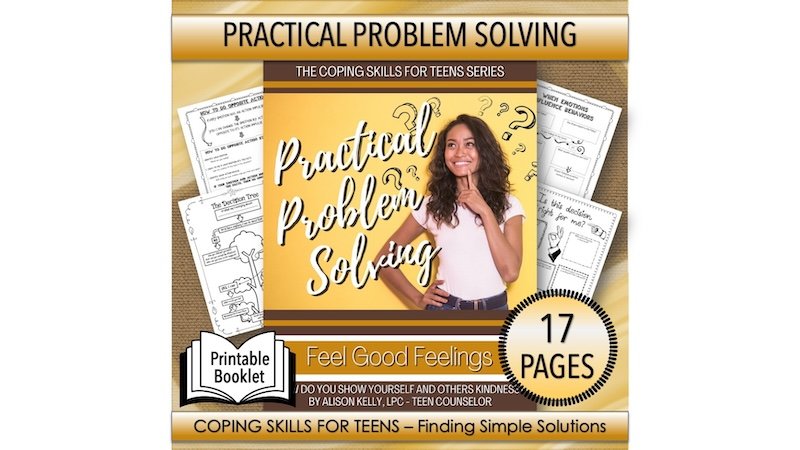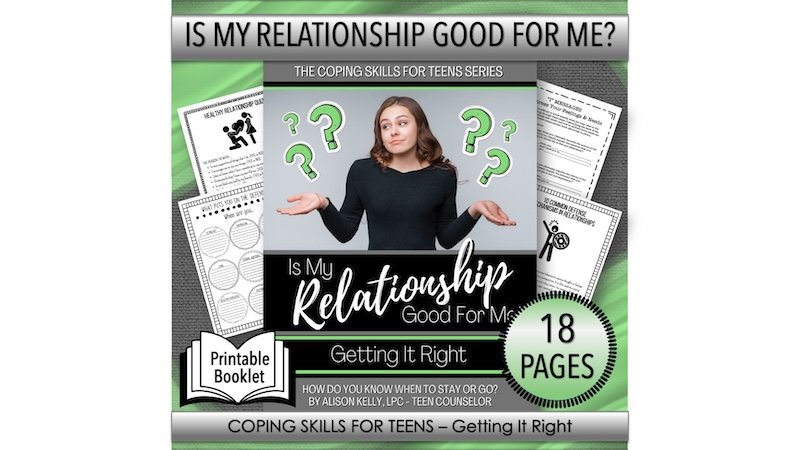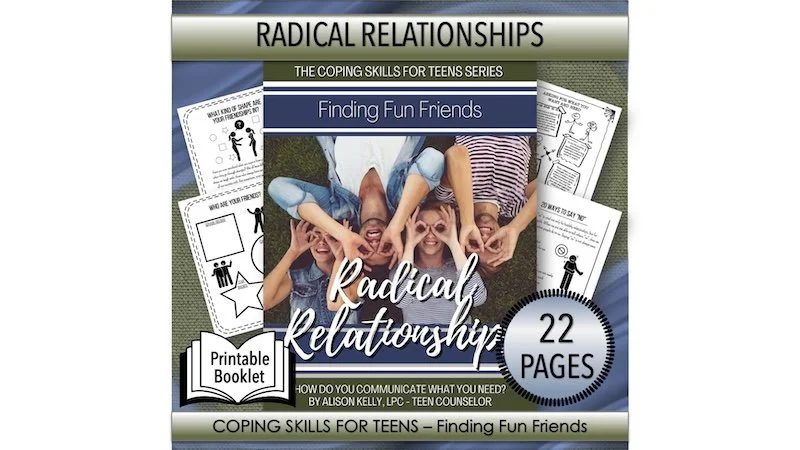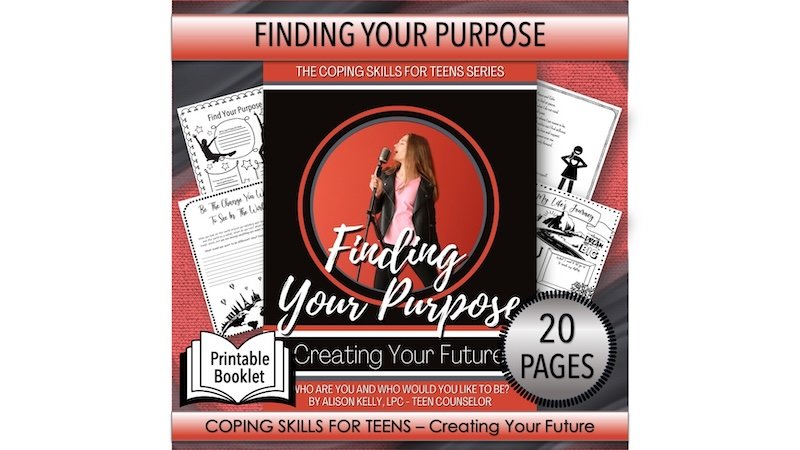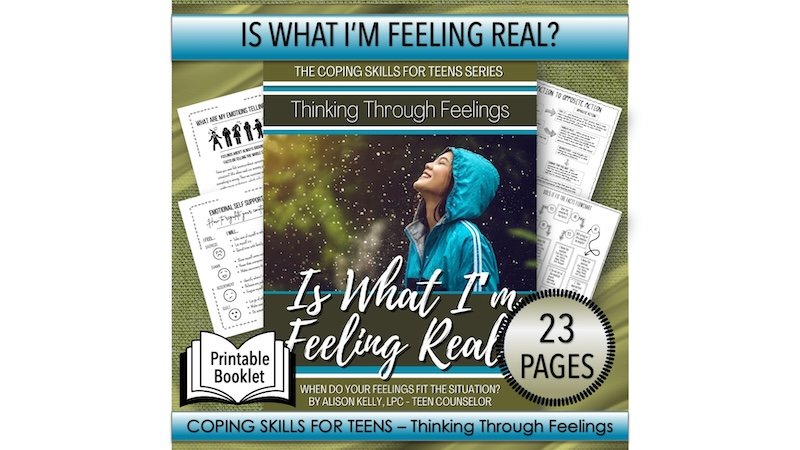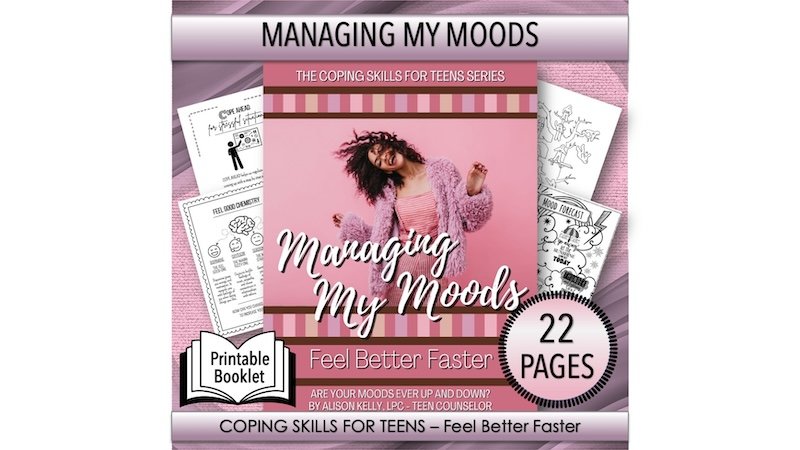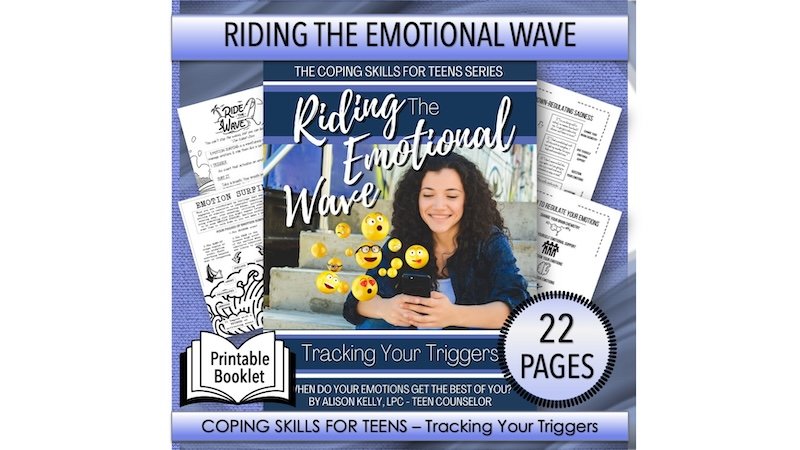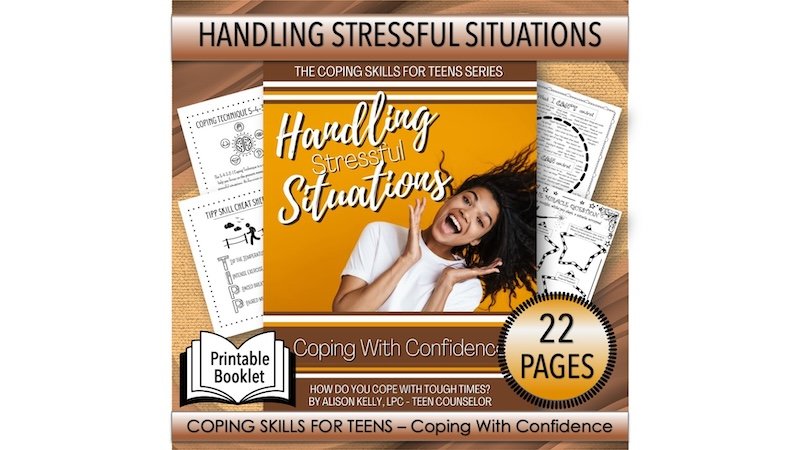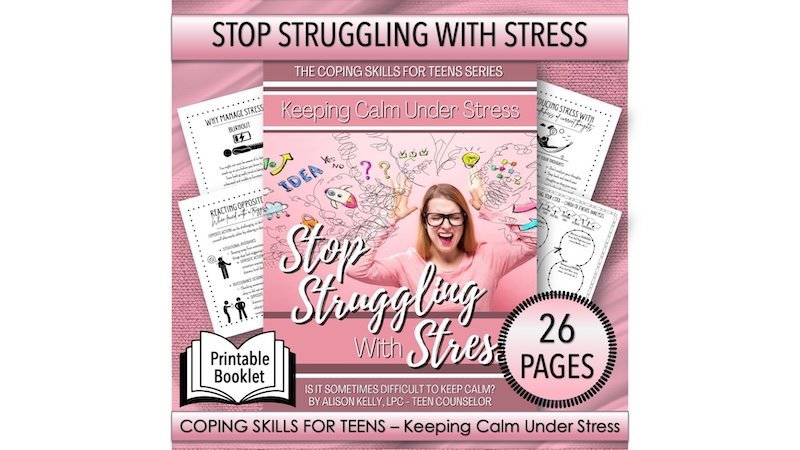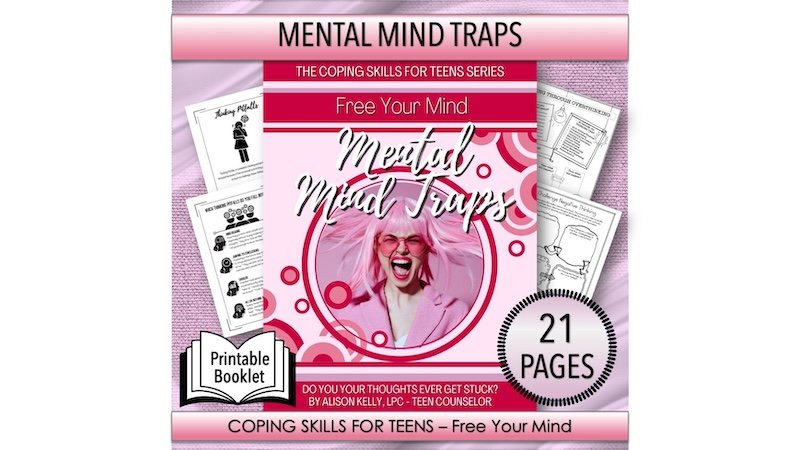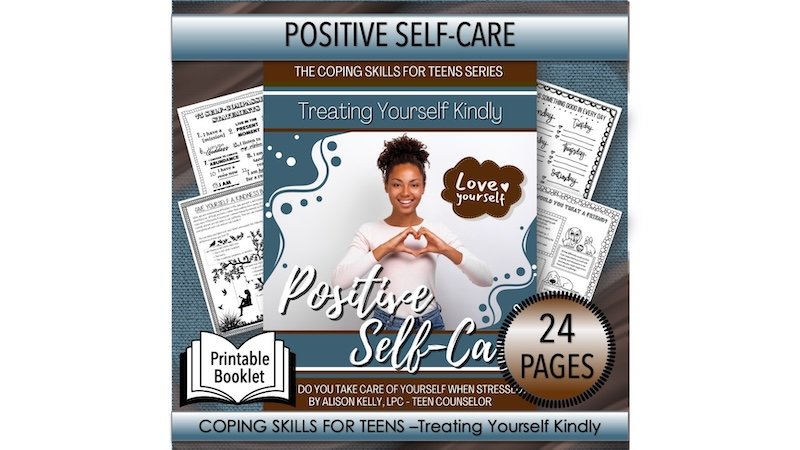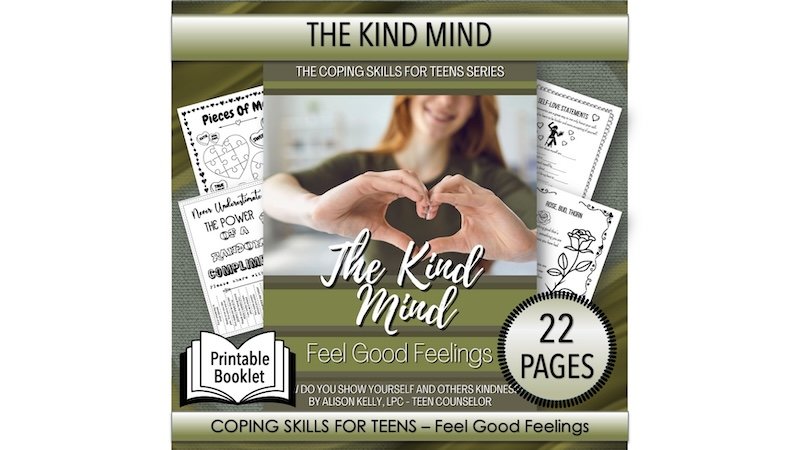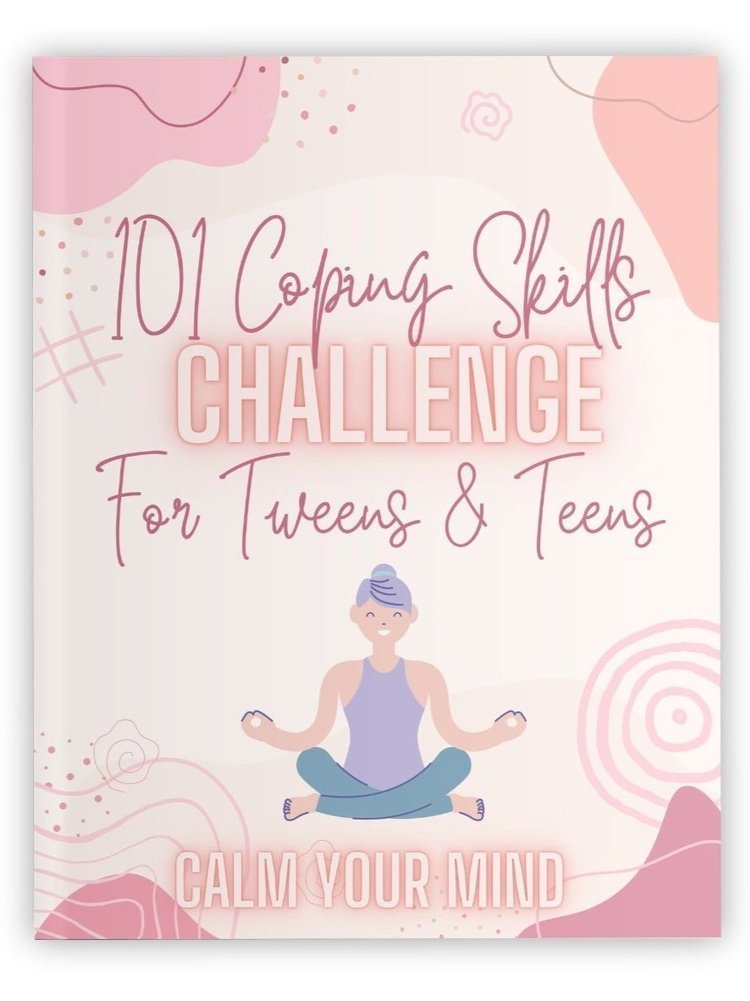
Tween & Teen Girls Counseling
Our teen girls live in a complicated, contradictory, and media-saturated world, and the roads they must navigate extend beyond the changes of their physical bodies. Some of these roads include: discovering a unique identity, taking on more and more aspects of adulthood while leaving aspects of childhood behind, and developing independence while maintaining healthy family bonds.
It’s not uncommon to run into teen girls who have not yet discovered what they’re good at or what’s important to them. Girls often need help recognizing their own skills and strengths, identifying the influences that are shaping them, and learning to make values-guided decisions. Developing that core-self is not an overnight process, it takes time to uncover what makes you unique, what your gifts are, how to respect and learn from your emotions, and what you want to stand for in this world. Counseling offers a protected space for those conversations to take place.
common stressors in teen girls:
Anger
Self-injury
Anxiety (school, social, OCD & generalized)
Body Image issues
Depression (may present differently in teens-please see article below)
Eating Disorders
Jealousy & Fears
Loss & Grief
Low Self-Esteem
Academic challenges
Benefits of Teen counseling:
Closer relationships with friends and family
Feeling more comfortable with the way they look
Feeling more creative and joyful
More confidence and self assurance
Uncovering strengths and using them in rough times
Discovering academic strengths and how to use them sucessfully
AS A PARENT LOOK FOR THE FOLLOWING TELL SIGNS IN YOUR TEENAGER IF YOU SUSPECT THEY BE GOING THROUGH A TOUGH EMOTIONAL TIME:
Being the victim of bullying
Social skills
Not "fitting in"
Difficulty making or keeping friends
Shyness
Self esteem and self confidence
Poor grades
Excessive worry or anxiety
A sudden change of friends or mood
Risky sexual behaviors
Feelings or thoughts of suicide
Developing an illness or disability
Using drugs, alcohol or illegal substances
Tragic events in the community or the world
Changes in mood, weight, appetite, friends, etc
Problems at school – academically or behaviorally
Violent or illegal behaviors – fighting, stealing, drug possession, etc.
Changes in family life - moving, divorce, death or serious illness of a family member
The loss of a close friend, girlfriend/boyfriend through death, a breakup, or moving
Oppositional and defiant behaviors
Frequent temper tantrums or rages
Persistent nightmares
Self injury, such as cutting
Aggressive behaviors
Unhealthy dating relationships
Rapid weight gain or loss
Sleeping too little or too much
Social withdrawal
Lack of interest in activities they used to like
Angry or emotional outbursts
TEEN TREATMENT PLAN
Each teen is unique, depending on their individual personality and strengths, a treatment plan will be formulated to address their particular concerns. A "Coping Skills Toolbox" workbook will be presented to each teen during the first few sessions. They will also receive more individualized therapeutic "homework" throughout their counseling process for additional support and as a resource for future reference.
Often times, certain books or other helpful tools may be suggested to supplement the therapeutic experience. Many of those can be purchased separately on Amazon.
Texting Communication 24/7: Every child can access a HIPAA-compliant app that allows them to communicate with a counselor 24/7. This is beneficial as it helps kids grasp and apply coping skills in their daily lives more efficiently. For instance, if they feel stressed at school, they can step away and text their therapist for guidance on using the appropriate skills to manage the situation.
Coaching Calls: Waiting for a weekly counseling session can be challenging, especially when your teen is facing difficulties. To help with this, they can have a complimentary 10-15 minute coaching call to review coping skills and discuss how to apply them effectively.
WHAT TO EXPECT - YOUR FIRST APPOINTMENT
During this initial session we will go over the initial paperwork (including our policies and procedures, confidentiality and its limits, federal privacy laws, etc.) and review how therapy works, as well as confidentiality and its limits. We can review what concerns you have about your daughter that resulted in seeking therapy for her; as well as any attempts you or others have made to address the problem including which interventions have been successful or unsuccessful. Since each tween or teen is different, I like to do a thorough assessment which includes asking about what their strengths and interests are, how they are doing in school, what their social life is like, what makes them happy and what motivates them. You will also have the opportunity to ask any questions you might have, as well as conveying any information you feel would be helpful in working with your daughter.
During subsequent sessions, I will screen for any major mental health symptoms, which will guide the treatment plan, or any further referrals. My goal is to make the therapeutic process warm and welcoming so, your daughter will be able to benefit fully.
FEEDBACK TO PARENTS/GUARDIANS
Regular feedback will be provided on how your daughter is doing in therapy. However, the amount of feedback and degree of content will vary widely depending on the age of your child and on your tween or teens comfort level with sharing information. Some kids will not be forthcoming in therapy if they feel that everything they say will be told to their parents/guardians, so I try to strike a balance between protecting their sense of privacy and informing parents when important issues arise in the treatment. Parents/guardians will always be promptly informed when matters of safety are concerned.
It is my privilege to work with your daughter. My goal is not only to help your tween or teen to feel better, but to also to create stronger bonds with family members. Thus, it is important to have family sessions alongside individual sessions. Working with the family often speeds up recovery time. Family meetings can be held with the parents only, siblings, or with the entire family group.
A note to parents
The teenage years are challenging for teens, not to mention their parents. Teens face many new pressures and may not always react in the best ways to the challenges they encounter. Some of the struggles teens face are a normal part of growing up. In some cases, teens and their families may need extra support and guidance to help them deal with and navigate through these challenges.
Counseling provides a safe, trusting environment in which the teenager can express her thoughts and feelings and learn new skills to communicate better, manage emotions and create new strategies to help them adjust to situations. Keeping a teenager engaged and talking is a primary goal of development. If your teenager has not been sharing personal information with you, it may be a sign that they need to talk with someone other than their parents. Often, counseling provides an unbiased arena for the teen to vent frustrations, check out their perspectives and theories and help them communicate more effectively. Involving parents in the process is critically important in resolving differences and in reaching goals.
Lastly, many parents are concerned about medication. Being seen for psychotherapy by a counselor does not necessarily mean your teen will need to take medications. Many psychological problems can be successfully treated without the use of medications. If you and your teen feel that medication might be an effective treatment, then you can see your pediatrician or a pediatric psychiatrist for a medication evaluation. Counselors often work closely with other medical professionals to provide the best care for your teen.
FAQ'S FOR TEENS
WHY SHOULD I GO TO COUNSELING?
The teen years are sometimes a difficult time in your life when you are finding your place in the world. There are so many changes that you will go through emotionally, mentally and physically, that life can feel overwhelming. Counseling can help if you:
Feel depressed and like no one understands you? Wonder if you’re normal?
Feel like you’re an outsider looking in? Have no one to talk to?
Have a hard time making or keeping friends – or have you experienced high school bullying?
Have relationship issues at home or with friends?
Have feelings of self-loathing or anger?
Have unanswered questions about sex or sexuality?
Therapy and counseling can help you to cope with life’s pressures, gain insight into your behavior, understand your emotions and work towards the change that you desire.
WHAT ARE THE BENEFITS OF COUNSELING?
With a counselor or therapist you can share whatever is on your mind and in your heart without worrying about being judged, criticized or rejected. The relationship you have with the therapist is a special one in which you can explore difficult issues and know that your secrets are safe. A therapist will help you sort through your feelings, experiences and questions.
With a counselor’s support, you can become more comfortable with your feelings and with expressing them. You can gain a better understanding of your current situation and increase your knowledge about life choices.
WHAT SHOULD I EXPECT FROM A COUNSELOR?
You can expect that your therapist will be non-judgmental and supportive. Your therapist will guide your therapy but she will not tell you what to do. I provide a full description of what to expect when you first come to me for therapy.
how many sessions will it take until I feel better?
In general I recommend approximately six counseling sessions to begin with, but on many occasions more or less are appropriate. Many students report that counseling can be helpful even after the first session. This may be because of the relief that comes from deciding to seek help, or an opportunity to speak about problems for the first time with someone who is impartial and nonjudgmental. I believe that patients can take an active role in determining how many sessions are needed, depending on your goals and level of distress. Relief may come from a variety of sources, including making changes in your thoughts, behaviors, relationships, and choices, and may take time to achieve.
What happens during the first session?
The initial session is the time for you to start to share your story, to talk about your goals and what you would like to change. Another important aspect of the first session is deciding if we are a good fit. Do I seem like someone you can trust? We are establishing a relationship that will become the foundation for working together. You will begin to figure out some goals; I will begin to figure out how to help you get there.
The first session will also be a process of getting to know you and what you are hoping to get out of counseling. You may share as much as you feel comfortable, I will mostly likely ask you questions to help the process and gather information. Towards the end of the first session we can make a plan to address your goals. It is normal that you may feel a little apprehensive about your first session if you have not been in therapy before. However most clients report that they feel a great deal of relief at the end of the session.
How often will we meet?
In general, approximately six counseling sessions is recommended to begin with, but on many occasions more or less are appropriate. Patients are encouraged to take an active role in determining how many sessions are needed, depending on their goals and level of distress. The length of treatment also depends on the issue(s) presented and the level of severity.
The first 1-3 sessions will focus on evaluating your strengths, mental health needs, and goals and developing an effective treatment plan to meet your needs. Most people meet with their therapist once a week for at least 6 to 8 weeks. After that, you may meet with your therapist less often for a couple more months before mutually agreeing to terminate treatment.
will i have to take medication?
Being seen for psychotherapy by a counselor does not necessarily mean you will need to take medications. Many psychological problems can be successfully treated without the use of medications. If you and your counselor decide that medications should be considered as a adjunct to counseling, your counselor will discuss referral options with you. You will need to see a physician (such as a psychiatrist) to be prescribed any medications. It is important to let your counselor know about any medications you have already been prescribed.
WHAT ABOUT CONFIDENTIALITY?
I keep everything we discuss in the strictest confidence. Information is only released with your informed, voluntary and written consent. There are a few circumstances under which I am compelled to release information.
If I assess that you may be a danger to yourself or others.
When I suspect child abuse or neglect.
When the court subpoenas professional
If you would like to set up a complementary 15 min. phone consultation or schedule an appointment, call 404-386-6130 or email alison@kellycounselingandcoaching.com You can also fill out the form below. Please note that counseling and coaching services are for Georgia residents only. Thank you and let me know if I can be of any further assistance.
i’m interested in counseling and coaching for my daughter:
*Please note: This form is NOT encrypted or secure. Refrain from sending any personal or confidential information via this form.
DO-IT-YOURSLEF DBT
WORKBOOK SERIES FOR TEENS
Written By Alison Kelly, LPC
COPING SKILLS SOLUTION SETS
DOWNLOAD OUR FREE WORKBOOK
THE 101 COPING SKILLS CHALLENGE WORKBOOK FOR TEENS!
Download the 101 Coping Skills Challenge Workbook For Teens and help your teen get a head start for setting them up for success with practical tools for decreasing their stress level, increasing their self-confidence, and building self-esteem!
COPING SKILLS
BULLET JOURNALS
MOOD TRACKERS
ZENTANGLE ART PAGES
SIGN UP FOR OUR NEWSLETTER
THE COPING SKILLS FOR TEENS NEWSLETTER
Stay updated on all new uploads and updates to the Coping Skills For Teens website…plus some of the latest research in teen mental health!
Copyright ©2019. All Rights Reserved For Kelly Counseling And Coaching
Terms & Conditions / Privacy Policy / Disclaimer






